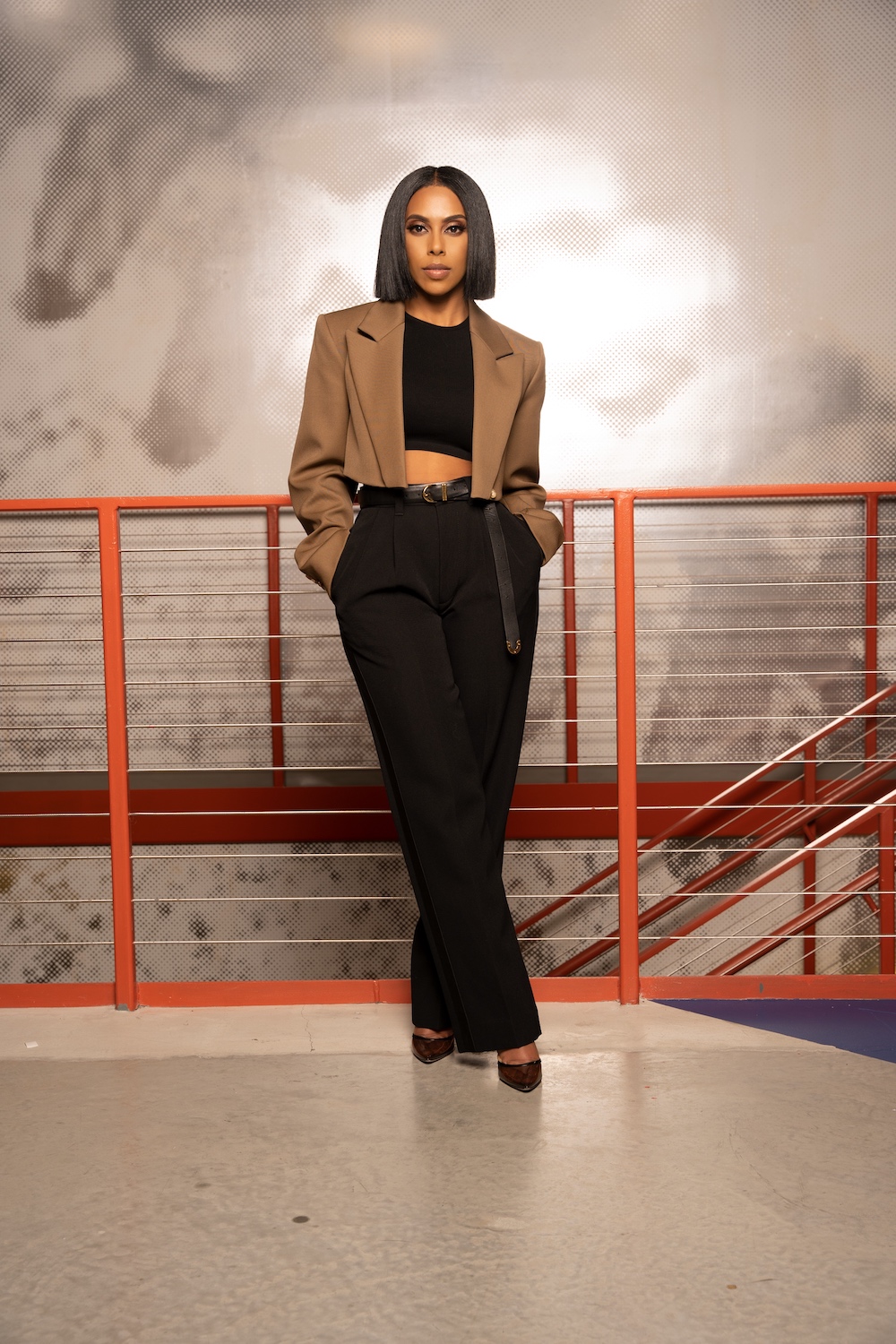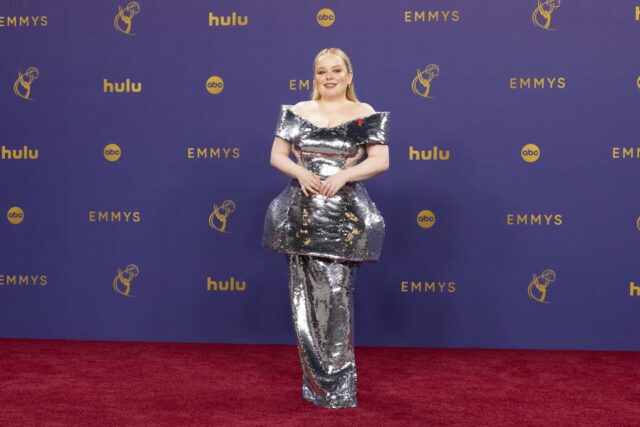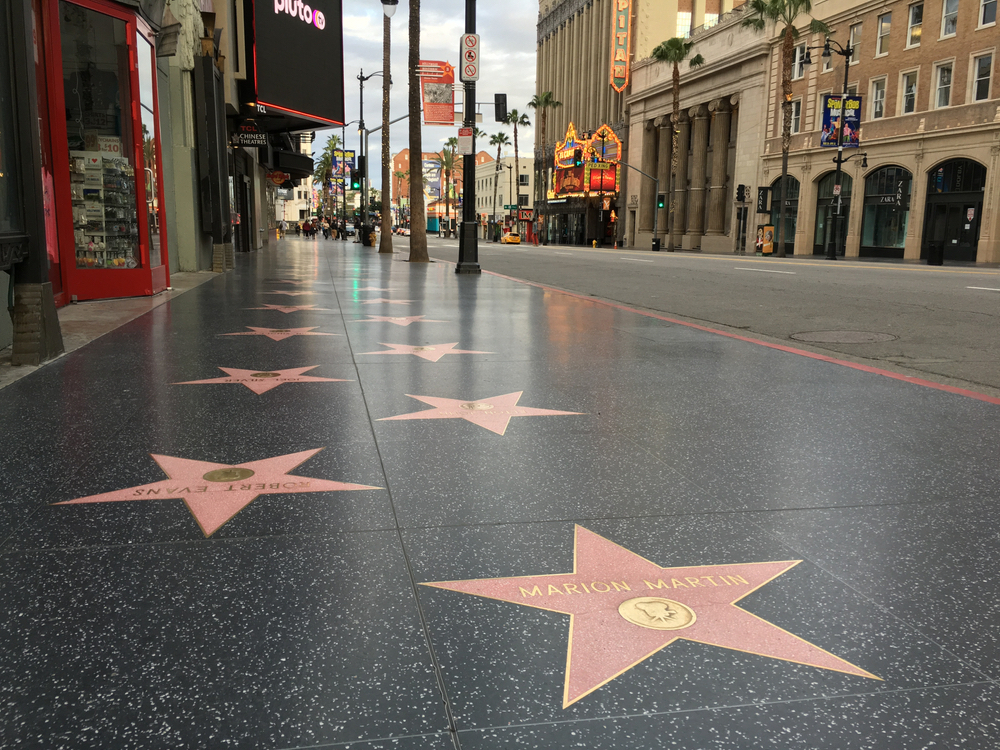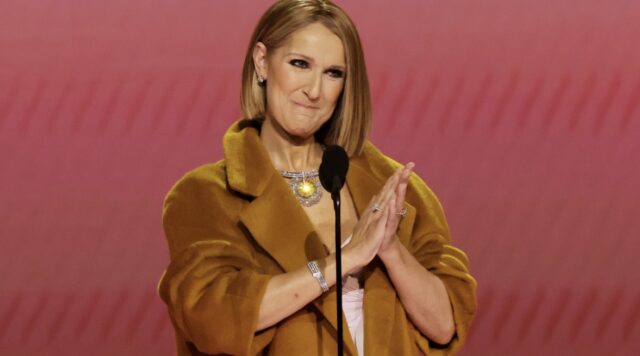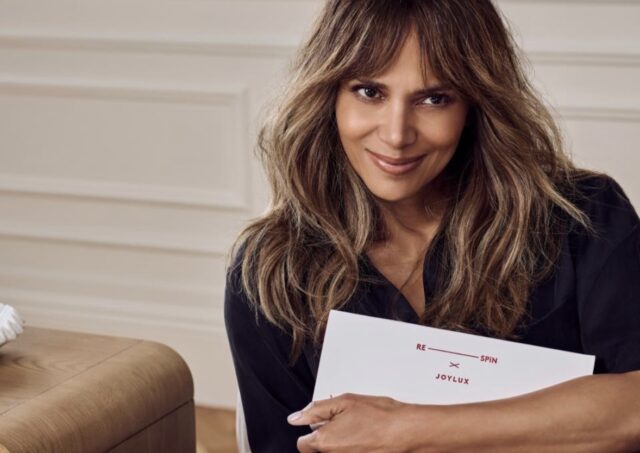INTERVIEW: Yodit Tewolde on Her New Show ‘Making the Case With Yodit’ on BNC
Making the Case with Yodit, premiered April 12 on BNC. Yodit Tewolde is a former defense attorney, prosecutor, and judge. Tewolde embodies the diversity of Black identity and is a stunning example of women’s leadership.
Tewolde learned the ins and outs of criminal prosecution while serving as Assistant District Attorney with the Dallas County District Attorney’s Office. She founded The Law Office of Yodit Tewolde, PLLC, in 2017 and has a long career as a trial attorney and advocate for criminal justice reform. She is a highly sought asset for on-air analysis and has been most recently seen on Court TV, CNN, MSNBC, Fox News, HLN; and an opinion contributor for “The Hill.” Yodit was also recognized as one of the nation’s top lawyers under 40 by the National Bar Association.
Yodit chatted with Glitter on how she got her start as a lawyer and legal analyst and landing her spot on BNC, making her the first Black female to have her own legal show. We also discuss Geroge Floyd, and what we all can do to help bring justice for Breonna Taylor, Sandra Bland, Ahmaud Arbery, and now Ronald Greene as well as how to practice self-care dealing with so much tragedy in the news cycle. Read on for more from this amazing and inspirational powerhouse.
GLITTER: Can you remind our readers where you are from, how you got your start as a lawyer and legal analyst, and what motivated you to choose this career?
YODIT: I was born in Khartoum, Sudan, but my family is from Eritrea. When I was around 9 months old, we immigrated to Dallas, Texas, so that’s where I grew up.
I get asked the question about why I chose my career path a lot, and honestly, I feel like my career chose me. Education was important in my household, but I wasn’t the kid who grew up knowing what they wanted to be. In college, I was undeclared for the first two years. When I finally decided on English with a focus on rhetoric, it left me very little career options (that were appealing, at least) after graduation, so off to law school I went.
The economy was in a recession when I graduated, so jobs were hard to come by, but I lucked up and got a gig clerking for a state criminal court judge. It was at that point that I knew I wanted to practice criminal law.
After my clerkship ended, I went on to work for the Dallas County District Attorney’s Office as a prosecutor. That’s where I learned how to be a trial lawyer, the intricacies of how the legal system worked, and who it worked for. As a prosecutor, I was more interested in restorative justice than racking up convictions. It was hard prosecuting people I felt empathy for because, quite frankly, many of them could’ve been my own friends or family. Some even reminded me of my younger self. They were people who made mistakes and deserved not to be forever judged by their worst mistake. This is when I became more interested in writing and speaking, particularly about my experiences within the legal system in hopes that maybe it could keep someone from getting caught up. So, in order to speak freely and with transparency, I left the prosecutor’s office and started my own criminal defense practice.
I made my first TV appearance a year later in 2015 on Roland Martin’s ‘News One Now’ on TV ONE, to discuss the killing of Freddie Gray, and the rest, they say, is history.
GLITTER: How did your new show Making the Case with Yodit on the BNC come about?
YODIT: You know, the internet is a funny place because you never know who you’ll meet. One random day last August, I got a DM from a guy with a pretty interesting name, Princell Hair, who turned out to be the new CEO of the Black News Channel. As someone who typically ignores my DMs, I’m so glad I read his! He and I had a similar vision for a legal show, and within a matter of months, I had signed on to do a primetime show, and the timing couldn’t have been more perfect. I had just left my gig at Court TV, which was my first time anchoring a daily show, so I was well prepared to handle the lift of a nightly show.
GLITTER: You’ve mentioned in recent interviews about being on MSNBC, CNN, and Fox for over 6 years, and that has usually been a tiring process as you’ve had to debate other commentators who devalue Black lives. How is your new show different, and why is it important to cover smaller stories, not just the mainstream headlines?
YODIT: What I love about being at the Black News Channel is the freedom to talk about issues that matter to US while being my true authentic self. When I was asked to provide commentary on those other networks, I was expected to talk about what THEY felt was important for a 4-5-minute segment.
What viewers get from watching MTC is, first, a legal show with a black woman at the helm, which is rare. Secondly, the show examines stories through the prism of legal and social justice expertise. The goal is to give viewers a better understanding of the legal system through teachable moments while covering breaking legal news, having provocative discussions, and common-sense analysis on high-profile cases. Having worked from all angles of the criminal justice system, I’m able to give viewers a real and transparent view of the legal system beyond the headlines. There’s a real appetite for information and understanding. Going on a network a couple of times a month to provide legal analysis on issues others say are important isn’t going to feed that hunger. People deserve a venue that’s accessible on a consistent basis, that presents the information accurately, and this couldn’t be timelier.
Also, telling those stories that don’t make the headlines are equally, if not more important. Case in point, we brought to the show a black mother of missing teen, Dejah Barnes, who had been gone since June 1st. Her mother had been pleading with law enforcement to help for two days without any luck. After our show called the police department for a response on the matter and aired the story on June 3rd, three detectives showed up at Dejah’s home the next day. Finally, on June 8, Dejah was found and safely returned to her family. When it comes to finding missing Americans, there’s a color problem. Finding a missing child requires the coordinated efforts of family, law enforcement, and the media, two institutions not historically known to favor minorities, particularly black people. That’s why our show, our network is so incredibly vital. It is OUR responsibility to tell these stories. We gave a voice to that family, who had been voiceless up until their story aired.
GLITTER: I want to thank you for your coverage of all of these very tough cases, from Derek Chauvin’s case for the murder of George Floyd. Sadly, there are so many stories of the tragic loss of Black people from the police and racial violence, including Breonna Taylor, Sandra Bland, Ahmaud Arbery, and now Ronald Greene. Why is it so important for voices like yourself and communities of color and our allies to be even more vocal now despite Chauvin being found guilty? I feel we can’t let our guard down; while there is progress, there is a new tragedy every day.
YODIT: You’re right. One guilty verdict doesn’t mean the systemic issues embedded within the criminal legal system are resolved. Think about everything it took to even get to that guilty verdict. If not for Darnella Frazier, the brave young black girl who recorded George Floyd’s murder, we would’ve never known his name. Our guards should never be down. Our people have had to fight for basic rights, and that’ll never stop, unfortunately. We’re playing in a rigged game that perpetuates inequality, so until we change the rules completely, we’ll have to continue to call out those systems and institutions.
GLITTER: I know that it can be overwhelming for people, especially Black people, to tune in to every incident and every court case. First off, how do you maintain your self-care and mental health dealing with so many tragic events, and what advice do you have for people that want to stay informed and contribute in some way but may feel overwhelmed by such tragic news.
YODIT: I actually spoke about this very thing recently on the show. I had Dr. Jeff Gardere on to talk about the generational trauma our communities have to deal with due to the media circulation of Black death and violence at the hands of police. He also discussed the ways in which to care for one’s mental health during these difficult times, especially given the added stress of a pandemic and its disproportionate impact on black and brown communities. People can stay informed without having to consume the painful images of police brutality. We all have a threshold and should be mindful of the signs telling us enough is enough. For the longest, I ignored those signs because I felt it was my job as a journalist to do the heavy lifting, to watch/listen to the hard stuff that others could just turn their heads away from. But it started to negatively affect my mental and physical health, so I needed to create boundaries.
My advice is to be mindful of what your mind and body are telling you. When you start feeling overwhelmed, turn the news off, log out of IG, stop surfing the internet, and do something that reminds you of life’s joys.
GLITTER: Speaking of self-care, we have been loving all of your hair, and fashion looks on Instagram, from the braids to power suits; tell us about your interest in fashion and beauty, or does it all come naturally? What are your go-to beauty brands?
YODIT: Well, first, thank you! My mother dressed in a way that seemed so effortless and always kept it simple, which is now my mantra on how I approach my own style. I was also a major tomboy growing up, so I’ve sort of grown into this “masculine” flair. And yes, I love a good tailored suit, but also love wearing oversized clothing with minimal jewelry. I truly believe that knowing your style, coupled with confidence are key to making any and everything you wear look amazing.
When it comes to beauty brands, I can keep it even more simple, LOL. When it comes to skin, I thought that buying super expensive cleansers and creams, along with an hour-long nighttime skin regimen, was the key to healthy, glowing skin, and for some, it might be. But for me, it just irritated my skin and caused problems I never had to deal with before I invested in all the products. People are surprised to know that my beauty arsenal is pretty bare! I use Cetaphil to wash my face and Vaseline for almost everything else. I think the fanciest item I have is a facial cream from Kiel. What works for me is consistency and lots of water. Consistency meaning, I find a product that works, and I never veer, and water, of course, is the cure for all.
When it comes to hair, I always go for a light weight Moroccan oil and I’m ready.
GLITTER: What’s one piece of advice you have for others wanting to follow in your footsteps?
YODIT: You don’t have to have it all figured out. People always assume that I have, and they couldn’t be more wrong. In fact, I still don’t! But not having it figured out means I can’t let fear keep me from figuring it out. Pursue what you love, master it, and put in the work…the opportunities will soon follow.
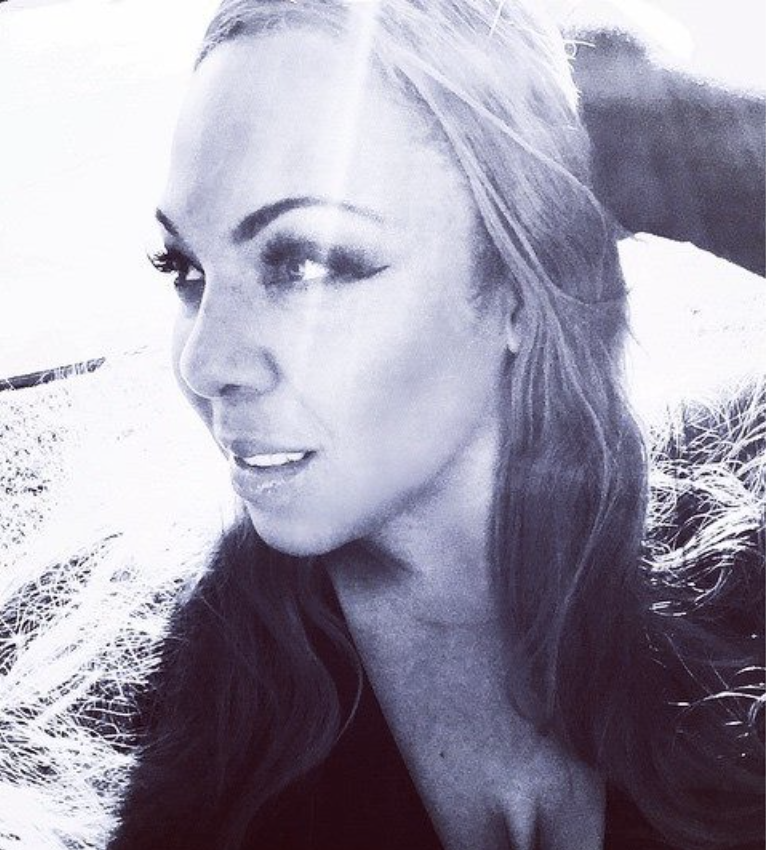
Award-Winning Publisher

